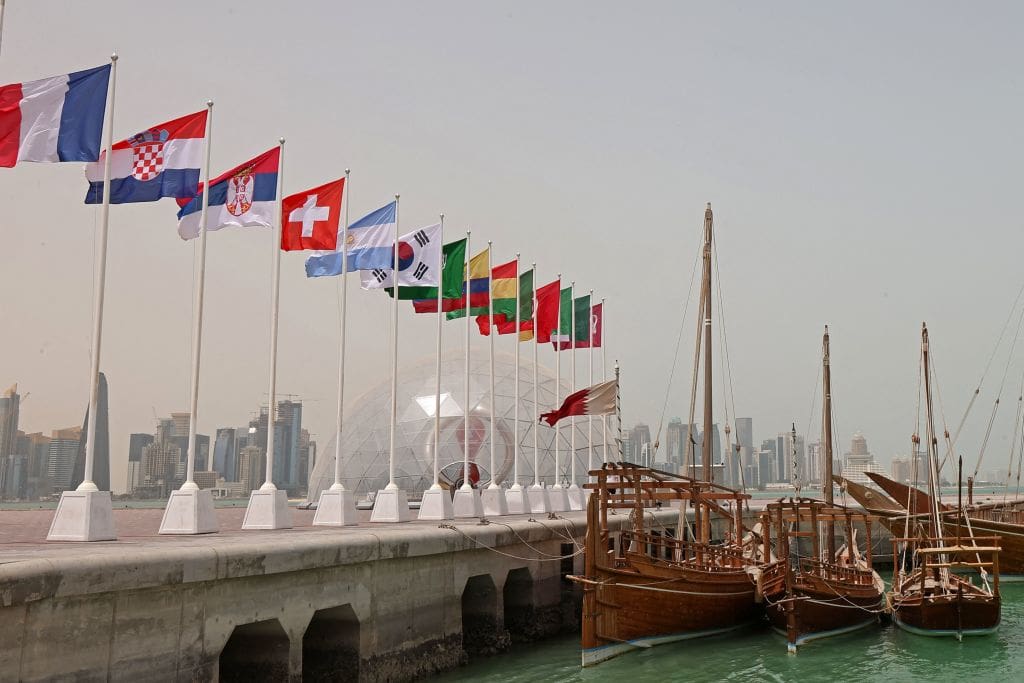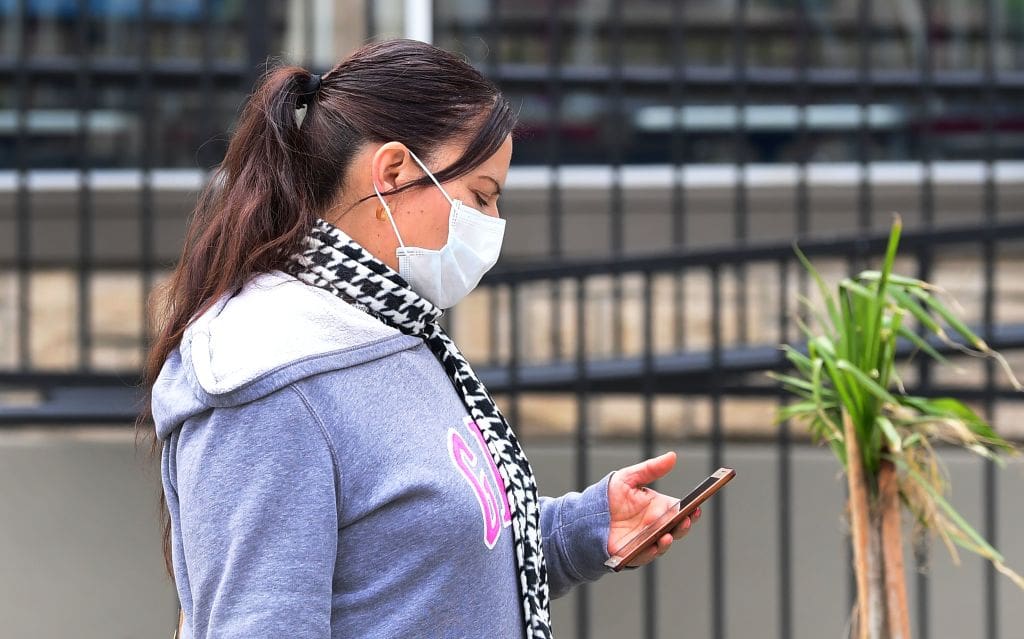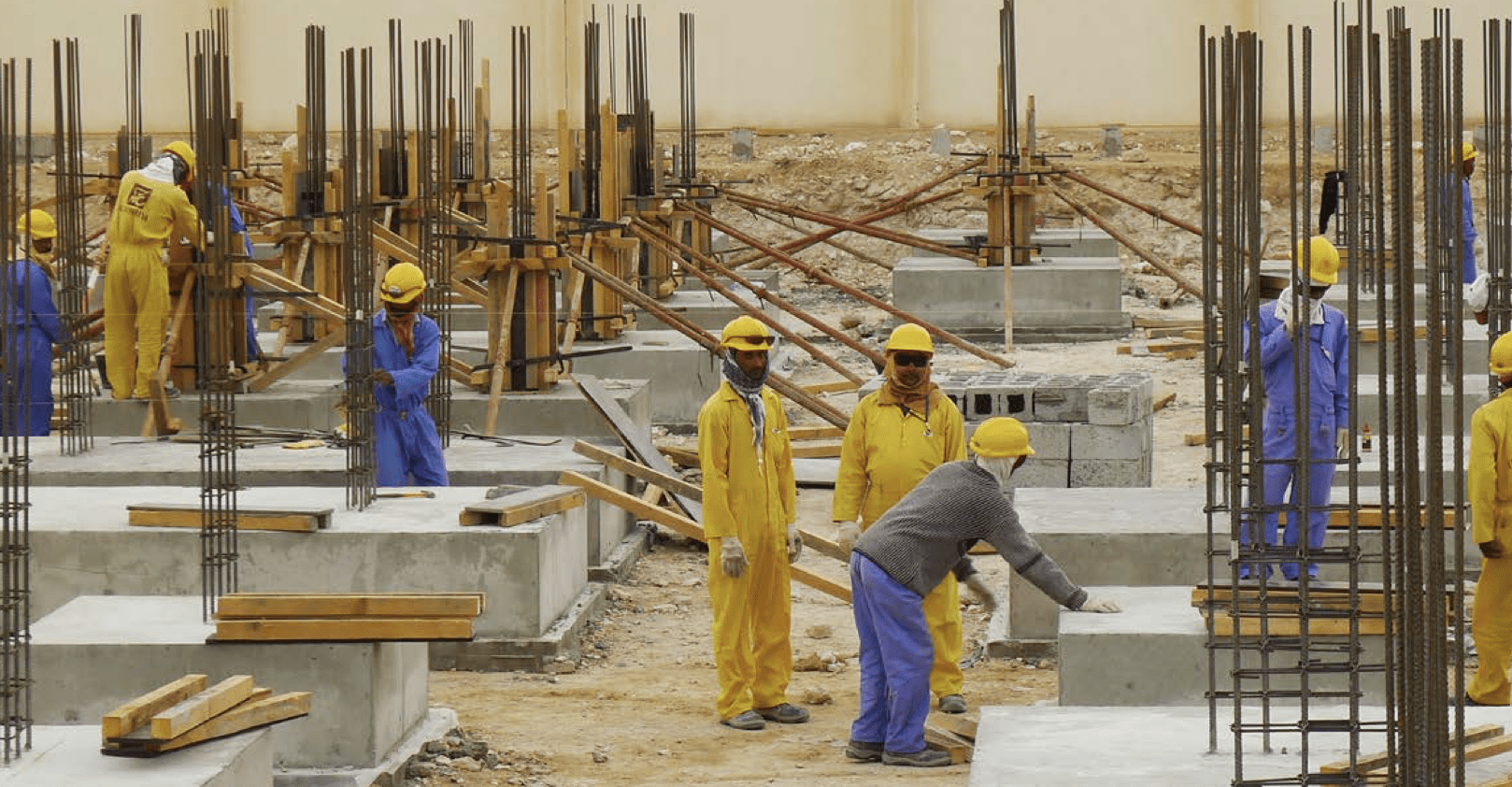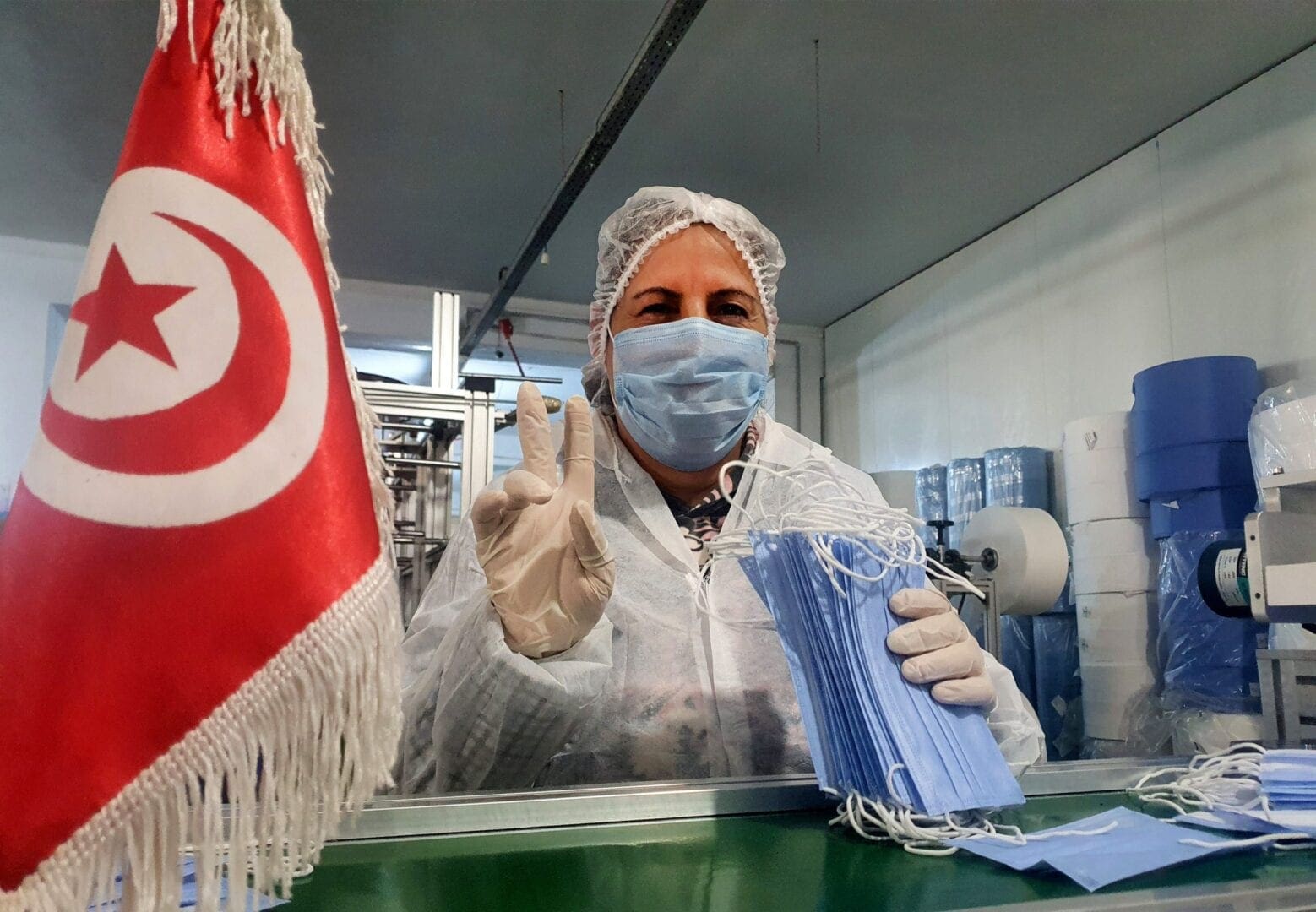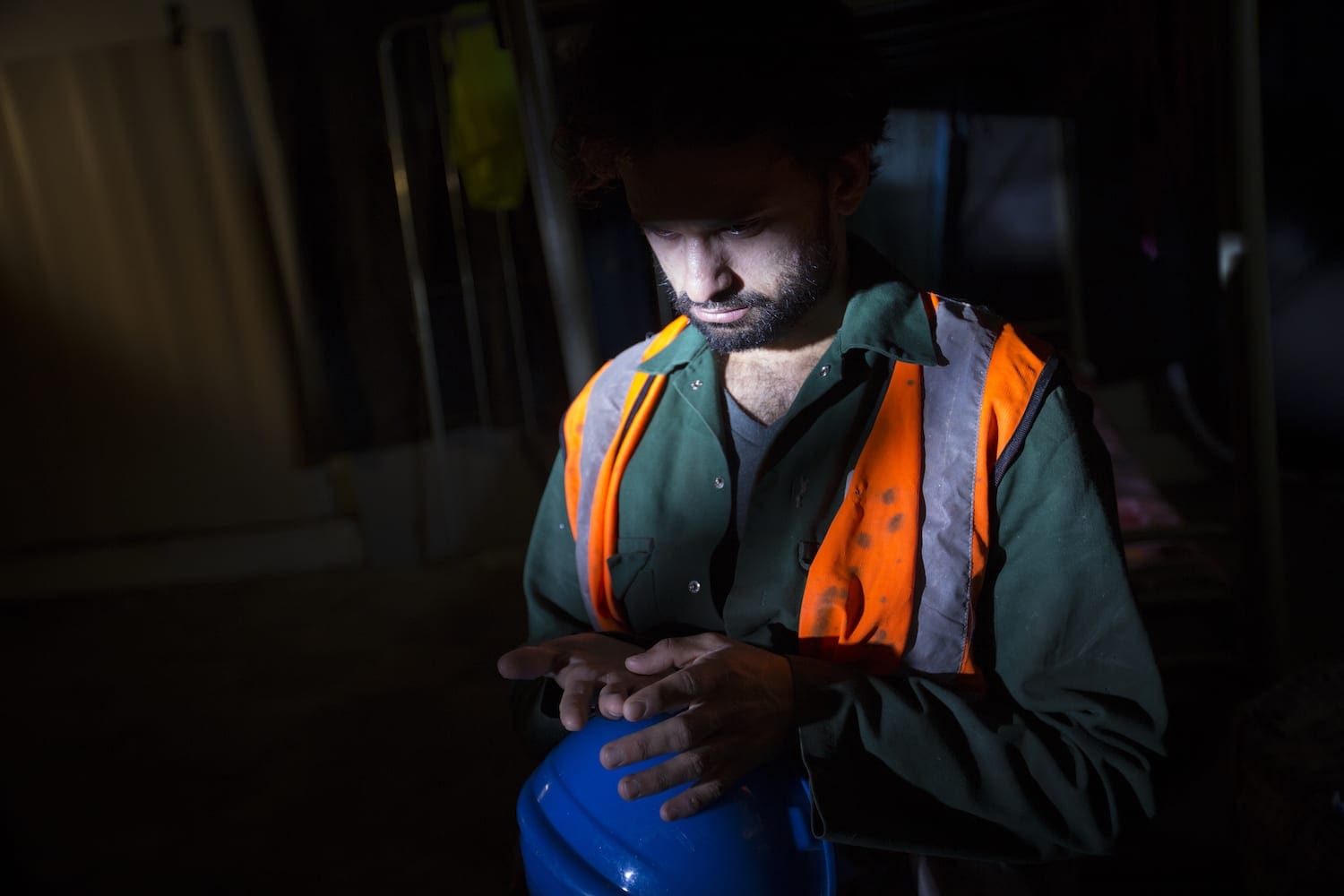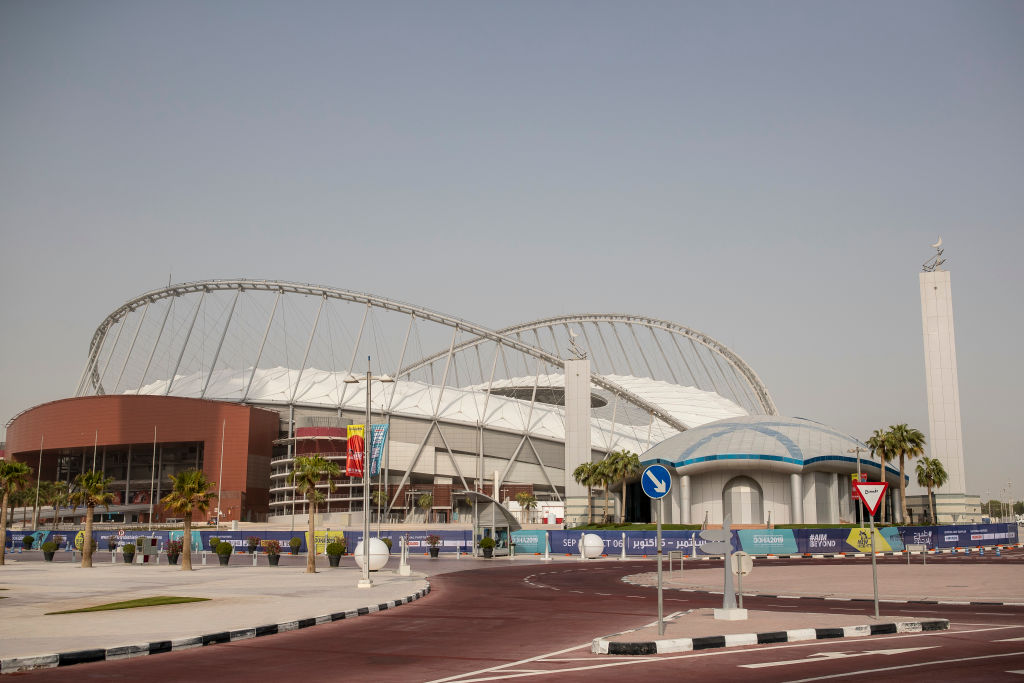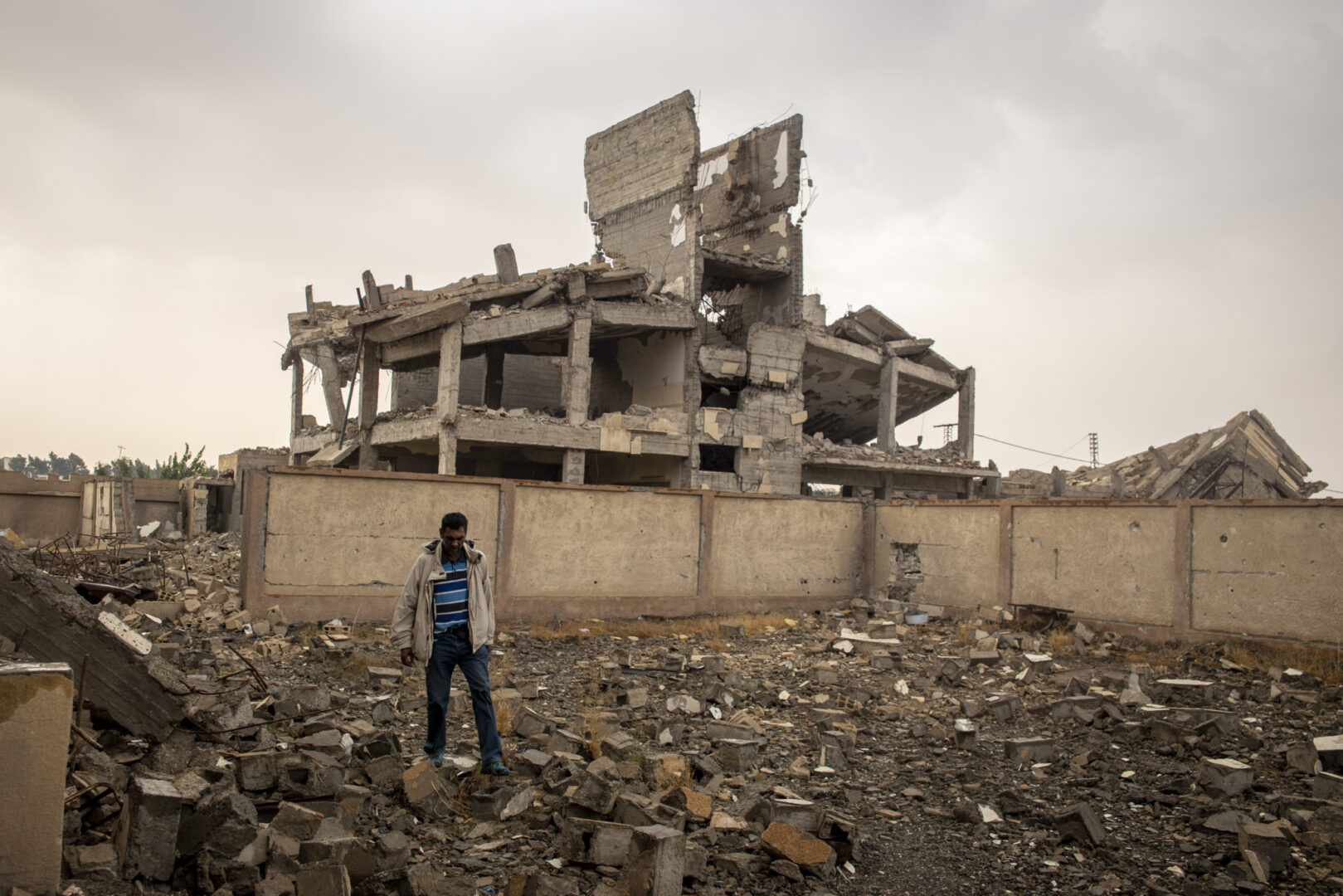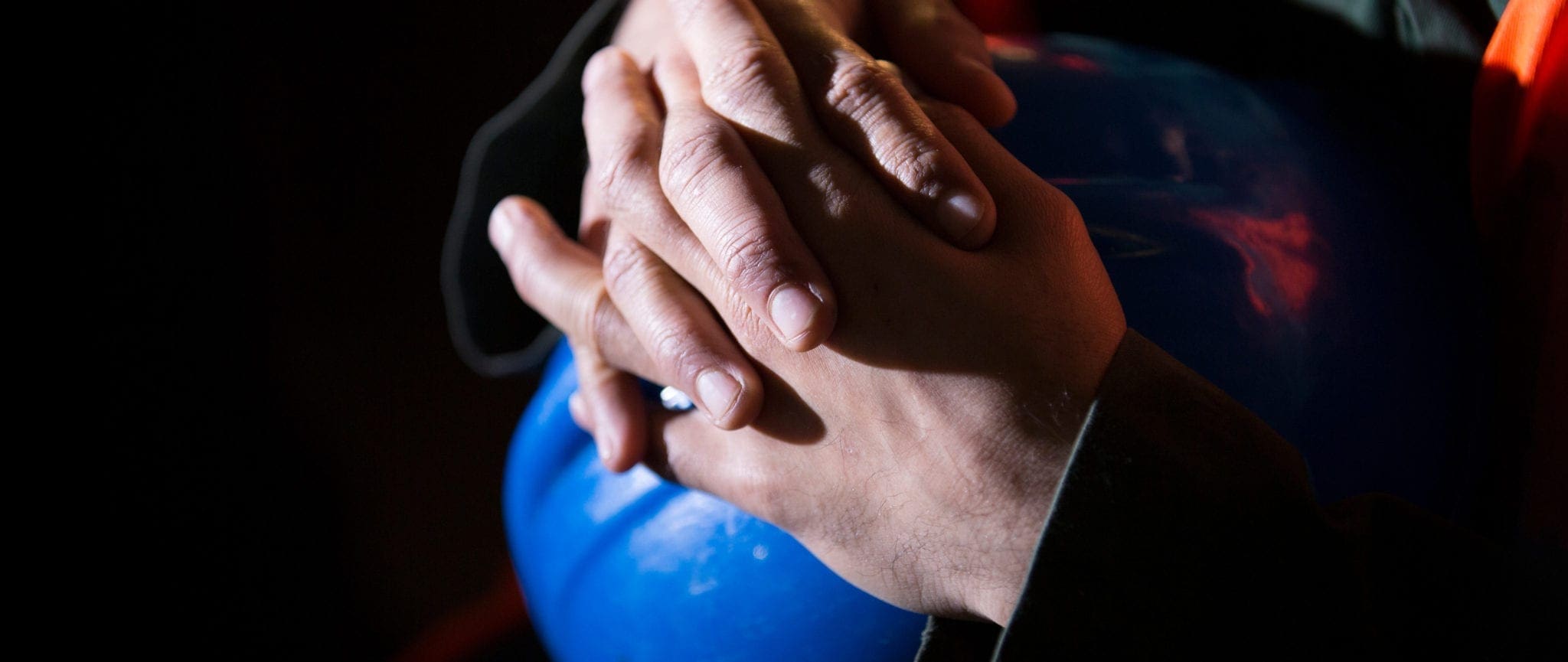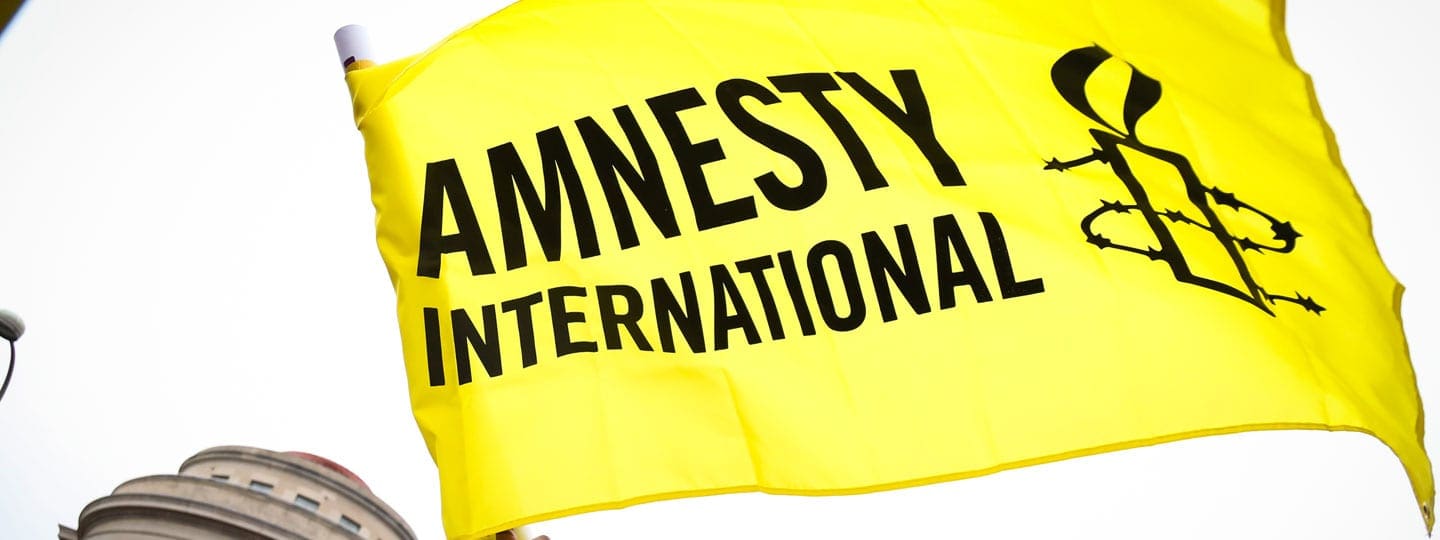Overview
Despite the government stated commitment and passing law offering migrant works better legal protections, the government failed to implement and enforce reforms. The authorities continued to curtail freedom of expression using abusive laws to stifle critical voices. Women continued to face discrimination in law and practice and needed the permission of a male guardian to study, travel or marry. No execution is reported. Laws continued to discriminate against LGBTI people, putting them at risk of arrest and torture.
Qatar hosted the 2022 FIFA World Cup between 20 November and 18 December. In November, the European Parliament urged football’s international governing body FIFA and Qatar to compensate migrant workers and expand the Workers’ Support and Insurance Fund to include all deaths and other abuses of human rights related to the preparations for the World Cup.
KEY ISSUES
Despite the government’s ongoing efforts to reformopens in a new tab Qatar’s labor system, abuses remain rife across the country. While conditions have improved for some workers, thousands are still facing issues such as delayed or unpaid wages, denial of rest days, unsafe working conditions, barriers to changing jobs, and limited access to justice, while the deaths of thousands of workers opens in a new tabremain uninvestigated. Although a fund has started to pay out significant amounts to workers who have had wages stolen, hundreds of thousands of migrant workers have still not been compensated for labor abuses faced in the past decade.
In August 2022, the government said that over 300,000 migrant workers had been allowed to change jobs without the permission of their employers since October 2020, when a reform was introduced. However, some migrant workers who applied to change jobs continued to face barriers or retaliatory measures by their employers, including charges filed against them for “absconding” or having their residence permits cancelled.
Migrant workers still commonly faced wage theft by employers, despite government attempts to address non-payment of wages, including by strengthening the monitoring system, setting up labor committees and operating a fund to expedite payment. In August, hundreds of workers protested in the capital Doha against their employers who owed them up to six months’ wages. They were arrested the same month en masse after which hundreds were finally paid their arrears and then deported to their home countries. After years of patchy operationalization, the state-run compensation fund is said to have paid out over USD 320 million for unpaid wages and benefits between October 2020 and September 2022. However, many workers entitled to payments were left out or received capped compensation.
The authorities continued to fail to investigate properly the deaths of migrant workers and hold employers or authorities accountable, precluding any assessment of whether the deaths were work-related and depriving families of the opportunity to receive compensation from the employer or authorities.
In a reportopens in a new tab Amnesty International said that FIFA should earmark at least $440 million to provide remedy for the hundreds of thousands of migrant workers who have suffered human rights abuses in Qatar during preparations for the 2022 World Cup. The sum of $440 million is likely to be the minimum necessary to cover an array of compensation costs and to support initiatives to protect workers’ rights in the future, Amnesty International has estimated. For more information about the human rights abuses faced by migrant workers in Qatar, see hereopens in a new tab. FIFA is still failing to fulfill its human rights responsibilities by refusing to clearly commit to compensate migrant workers and their families for abuses while preparing and delivering the World Cup 2022 tournament in Qatar.
The authorities continued to ban migrant workers from forming and joining trade unions, a right afforded to Qatari nationals. Many migrant workers faced discrimination on the basis of race, nationality and language. For instance, security guards interviewed by Amnesty International said that management from their companies treat employees differently depending on their nationality, race and language, including in terms of their rate of pay and working conditions and locations.
Forced labor and other abuses continued to be rampant, particularly in domestic work and the private security sector. Guards interviewed by Amnesty International, spoke about the wide range of abuses they faced, including excessive working hours, lack of rest days, and arbitrary or disproportionate financial penalties, as well as underpayment of overtime work – conditions that amounted to forced labor. Many also highlighted their dangerous working conditions when deployed for long periods outside in searing heat, after which they returned to substandard living conditions and often insanitary, company- provided accommodation, frequently sleeping on bunk beds in overcrowded rooms. All workers described the impact of such treatment, including physical and psychological exhaustion, suffering and anguish. In August 2022, Qatar’s Government Communication Office told Amnesty International that it had detected 230 “excessive working hours violations” between October 2021 and August 2022.
Migrant domestic workers, mostly women, continued to face severe forms of abuse and working conditions, including verbal, physical and sexual assault. The authorities failed to implement measures introduced in 2017 to protect them from labor abuses. Many employers made women work an average of 16 hours a day, denied them rest, prevented them from taking a day off in the week, and confiscated their passports despite this being illegal. These abuses took place in a climate of complete impunity for perpetrators. In October, the government reopened the Qatari House for Human Care shelter for victims of human trafficking, which had been closed since the onset of the Covid-19 pandemic. While the shelter could offer abused women much- needed refuge on a referral basis, it appeared not to be accessible on a walk-in basis.
In early August 2021, members of tribes, mainly the al-Murra tribe, protested against their exclusion from Shura Council elections; and a number of them were arrested. Many were released upon signing a pledge, promising not to speak out about their detention and to stop criticizing the new law or calling for their rights. Hazza and Rashed bin Ali Abu Shurayda al-Marri refused to sign the pledge. On May 10, 2022 the Qatari Criminal Court of First Instance convicted and sentenced brothers and lawyers Hazza and Rashed bin Ali Abu Shurayda al-Marri to life in prison on charges including contesting laws ratified by the Emir and organizing unauthorized public meetings. The two other Qatari men tried in absentia are poets Mohammed Hamad Mohammed Ftais al-Marri who was sentenced to a 15-year prison term, and Mohammed Rashed Hassan Nasser al-Ajami, also known as Ibn al-Dheeb, who received a life sentence. The latter is a former prisoner on whose behalf Amnesty International had campaignedopens in a new tab. The Al Murra tribe is one of the largest tribes in eastern Saudi Arabia and Qatar. Its members have long faced severe discrimination and been deprived from access to education, employment, and health care.
Authorities continued to repress press freedom by imposing restrictions on broadcasters, including banning them from filming in certain locations such as government buildings, hospitals, universities, migrant workers’ accommodation sites and private homes.
During the World Cup, football fans who showed their support for the popular uprising in Iran were harassed by security forces, including by having flags and banners confiscated.
Women continued to face discrimination in law and practice. Under the guardianship system, women still needed the permission of a male guardian, usually their husband, father, brother, grandfather or uncle, to marry, study abroad on government scholarships, work in many government jobs, travel abroad if aged under 25 and access reproductive healthcare.
Family law discriminated against women, including by making it much more difficult for women than men to seek a divorce, and placing women at a severe economic disadvantage if they sought a divorce or if their husband left them. While the country’s Family Law provides that women have the right to not be physically harmed by their husbands, women remained inadequately protected against domestic violence by others in the absence of a domestic violence law.
Qatari laws discriminate against LGBT people. Article 296(3) of the Penal Code, criminalizes a range of same-sex consensual sexual acts, including potential jail terms for anyone who “leads or induces or tempts a male, by any means, into committing an act of sodomy or debauchery”. Similarly, Article 296(4) criminalizes anyone who “induces or tempts a male or female, by any means, into committing acts contrary to morals or that are unlawful”.
In October 2022, human rights organizations documentedopens in a new tab cases in which security forces arrested LGBT individuals in public places — based solely on their gender expression — and searched their phones. They also said it was mandatory for transgender women detainees to attend conversion therapy sessions as a requirement for their release.
After two-decade of no execution, in May 2020, Qatar put to death a Nepali migrant worker. In February 2021, the emir halted the execution of a Tunisian man convicted of murder. No execution has been reported since May 2020.
The government had still not announced a new Nationally Determined Contributions (NDC) a non-binding national plan as part of Paris Agreement to reduce greenhouse gas emissions.

